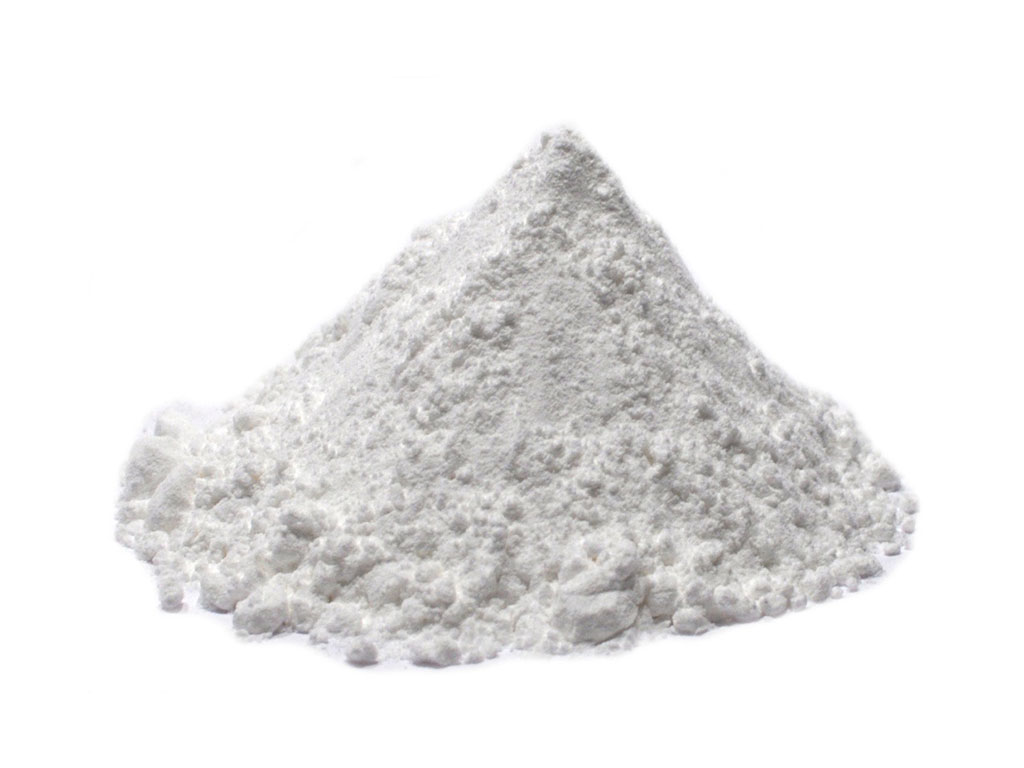Tapioca Flour

2 lb bag $8.20
|

5 lb bag $20.50
|

25 lb sack $102.50
|
Tapioca Flour
For many Americans, “tapioca” conjures an image of a pearly pudding, not flour. Many are unaware of the versatility of tapioca flour, which comes from the root of the cassava plant. Although some describe the taste as slightly sweet, the flour’s largely neutral flavor works well for diverse dishes, both sweet and savory. Tapioca flour is highly valued by people on grain free diets, who are sensitive not only to gluten but also to many of the grains used as wheat substitutes. It contains a gut-friendly starch that “feeds” healthy GI bacteria and reduces GI inflammation. Tapioca flour may also help balance blood-sugar levels. Bakers can use it to make bread, cake, flat breads, etc. Cooks also value its thickening powers for pies, soups and gravies. Much faster-acting than pectin, tapioca flour promotes quick, even gelling in fruit pie fillings.
Humankind has been enjoying tapioca flour for millennia. South American cuisine retains some venerable tapioca dishes, like Brazil’s beiju pancake served with both salty and sweet toppings and fillings. Cassava cultivation began in what is now Brazil 10,000 years ago. The plant grows well in all sorts of soils and tolerates drought. Indigenous South Americans were certainly using tapioca flour by the time the conquistadors arrived in the 16th century. Portuguese traders introduced cassava (and tapioca flour) to Africa before that century was done. Traders later brought cassava, in its various forms, to Spanish and Portuguese colonies in Asia. The plant took root, literally and figuratively. Although Brazil remains the largest cassava producer, Thailand and Nigeria rank second and third. Thailand is the top exporter of tapioca products today.
Wholesale buyers interested in bulk shopping may prefer our 25-pound sacks of tapioca flour. For individual shoppers, we also offer 2-pound and 5-pound bags.
